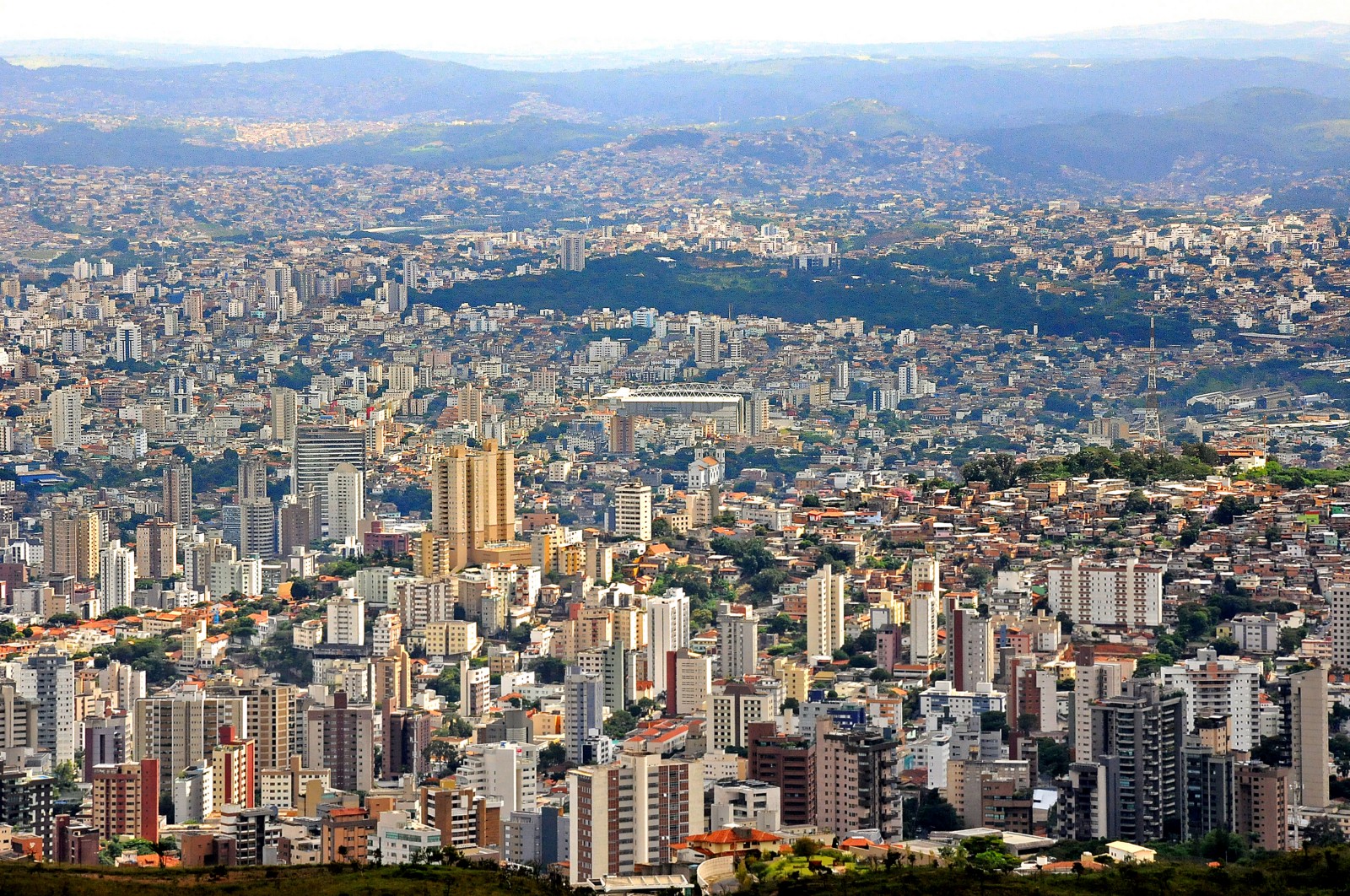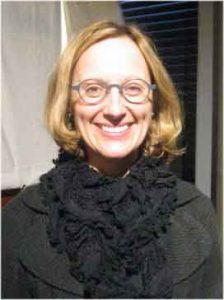Associate Professor Gina Hunter from Illinois State’s Department of Sociology and Anthropology traveled to Brazil on a Fulbright in 1996-97 to engage in dissertation fieldwork in Brazil on women’s reproductive health. To celebrate Fulbright alumni at Illinois State, she recounts her days in the program and the impact it made. #Fulbright@ISU #FulbrightPrgrm
Describe your Fulbright project.
I held a Fulbright IIE for dissertation fieldwork in Brazil on women’s reproductive health. I worked with a local women’s health education center and conducted ethnography in a low-income neighborhood in Belo Horizonte, Brazil.
How do you believe your Fulbright experience changed your work after you returned?
The Fulbright grant allowed me to do a full year of funded research and to work with other researchers in Brazil. That experience led directly to my participation in several additional research projects in Brazil.
Travel can be referred to as the gift of the unexpected. What was the most unexpected thing you saw or experienced?
I had been to Brazil several times before receiving the Fulbright fellowship, but during my Fulbright year I had the opportunity to travel for two weeks with other Fulbright Fellows. Fulbright Brazil organized meetings with government officials, researchers, national librarians and other who could help us with our work. They also arranged cultural experiences and tours for us. Through this trip, I made connections with researchers from a variety of fields and learned about new research in those areas.
Have you returned to the country where you served your Fulbright award? Had it changed? Had you changed?
I have returned to Brazil many times. I’m always amazed at the changes and the feeling of familiarity.
What do you most wish people could understand about the Fulbright experience?
Cross-cultural understanding takes time. Fulbright Fellows have the opportunity to stay in another country for an extended period with time enough to develop relationships, to experience daily life, and to develop collaborative projects.
What advice would you give to someone who is thinking of applying for Fulbright?
Contact with scholars in the host country is very important. I would encourage applicants to reach out and cultivate those relationships—not just for the application—but to further possibilities for many kinds of international collaboration into the future.


